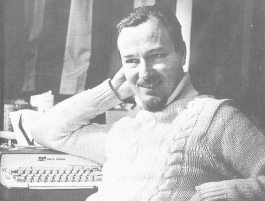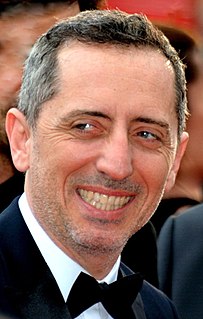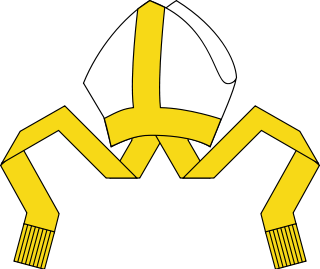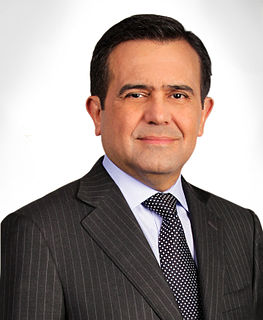A Quote by Jostein Gaarder
History is one long chain of reflections. Hegel also indicated certain rules that apply for this chain of reflections. Anyone studying history in depth will observe that a thought is usually proposed on the basis of other, previously proposed thoughts. But as soon as one thought is proposed, it will be contradicted by another. A tension arises between these two opposite ways of thinking. But the tension is resolved by the proposal of a third thought which accommodates the best of both points of view. Hegel calls this a dialectic process
Related Quotes
In the history of physics, there have been three great revolutions in thought that first seemed absurd yet proved to be true. The first proposed that the earth, instead of being stationary, was moving around at a great and variable speed in a universe that is much bigger than it appears to our immediate perception. That proposal, I believe, was first made by Aristarchos two millenia ago ... Remarkably enough, the name Aristarchos in Greek means best beginning.
I try to influence this improvisation in two ways. One is by centering on reflections, in both senses of the word: acoustic reflections as well as visual reflections from a mirror or surface, and then reflecting on the material in a contemplative way. The other influence is listening to the tails of the sounds that you make.
The reaction against your own thought in itself lends life to thought. How this reaction is born is hard to describe, because it identifies with the very rare intellectual tragedies. The tension, the degree and level of intensity of a thought proceeds from its internal antinomies, which in turn are derived from the unsolvable contradictions of a soul. Thought cannot solve the contradictions of the soul. As far as linear thinking is concerned, thoughts mirror themselves in other thoughts, instead of mirroring a destiny.
I think that if your tenure case depends on your proving what you thought was a mathematical theorem and the proposed theorem turns out to be false just before your tenure decision, and you want to get tenure very badly, there is a sense in which it's perfectly understandable and reasonable of you to wish the proposed theorem were true and provable, even if it's logically impossible for it to be.
The Catholic community, with many others, has long worked for this new commitment on global health and debt relief (President George W. Bushs proposed $15 billion Global AIDS initiative). I hope that Congress will now appropriate the money needed to make this legislation a reality, and that the U.S. government will press for strengthening the debt relief program along the lines proposed by this legislation.
In a sermon entitled “God's Providence,” C. H. Spurgeon said, “Napoleon once heard it said, that man proposes and God disposes. 'Ah,' said Napoleon, 'but I propose and dispose too.' How do you think he proposed and disposed? He proposed to go and take Russia; he proposed to make all Europe his. He proposed to destroy that power, and how did he come back again? How had he disposed it? He came back solitary and alone, his mighty army perished and wasted, having well-nigh eaten and devoured one another through hunger. Man proposes and God disposes.
The proposed policy [of raising the level of public service in the occupied territories] may clash with our intention to encourage emigration from both [Gaza] Strip and Judea and Samaria. Anyone who has practical ideas or proposal to encourage emigration-let him speak up. No idea or proposal is to be dismissed out of hand.
I established the opposite view, that this history of the embryo (ontogeny) must be completed by a second, equally valuable, and closely connected branch of thought - the history of race (phylogeny). Both of these branches of evolutionary science, are, in my opinion, in the closest causal connection; this arises from the reciprocal action of the laws of heredity and adaptation... 'ontogenesis is a brief and rapid recapitulation of phylogenesis, determined by the physiological functions of heredity (generation) and adaptation (maintenance).
Independent experts have looked at what I've proposed and looked at what Donald's [Trump] proposed, and basically they've said this, that if his tax plan, which would blow up the debt by over $5 trillion and would in some instances disadvantage middle-class families compared to the wealthy, were to go into effect, we would lose 3.5 million jobs and maybe have another recession.



































